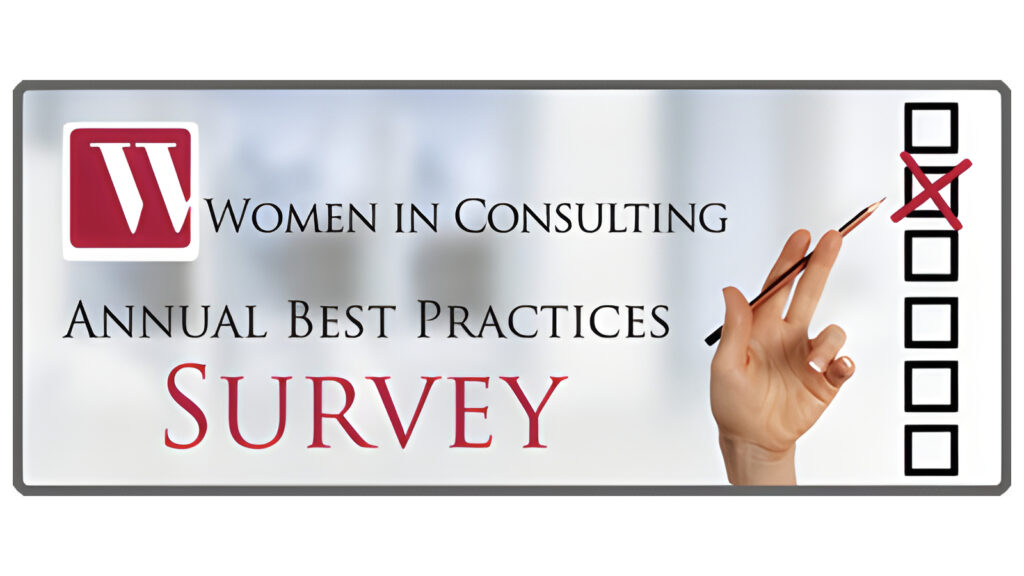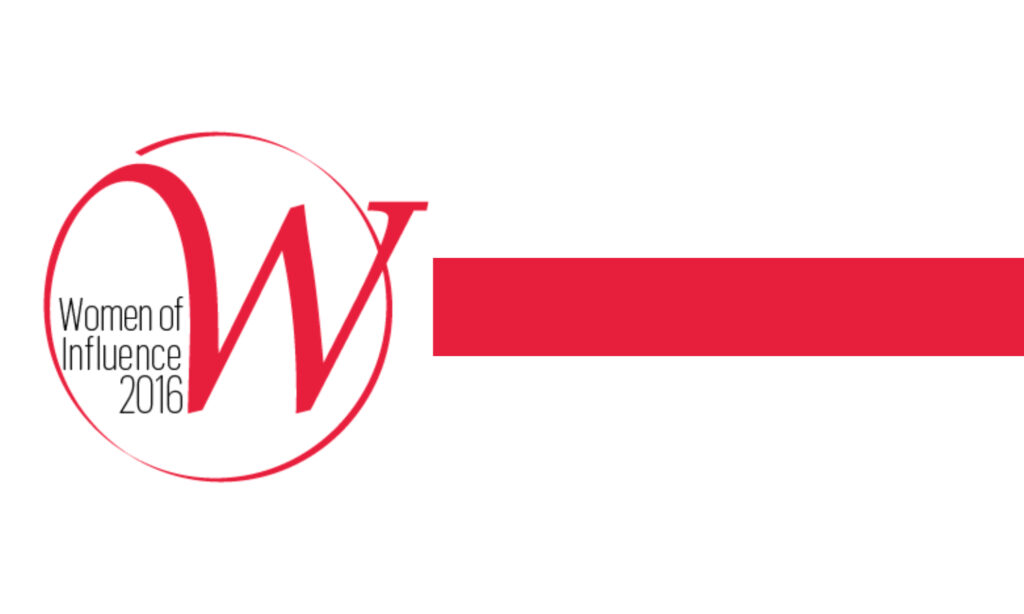WIC’s first guest speaker of 2016 was Marina Krakovsky who spoke on the middleman economy today, why it is so important, and how consultants can harness their role as middlemen to create greater value for themselves and their clients.
Marina argues that rather than middleman becoming obsolete due to the internet, they are more important today than ever before. While some would say that middlemen are disappearing with disintermediation, she points out the new roles and identities that they have taken on but people often overlook. Take for example Netflix, Airbnb, and Uber. These are all middlemen that connect their clients to a service provider. But it is not just Netflix, Airbnb, and Uber that shape the middleman economy – there are untold numbers of small middlemen such as yourself who facilitate these connections.
Marina deliberately uses the term “middleman” to examine the phrase “cutting out the middleman.” She takes a term that is often seen in a negative light and looks at the value that is added by the individual between two parties.
Middlemen are everywhere, they shape the world around us. If the middleman is aware of their role they are able to help the other parties involved.
Marina’s presentation to WIC covered three areas:
- The importance of realizing that you are a middleman
- What middlemen do to create value
- How to capture that value (which is often hidden/intangible)
What Exactly Is a Middleman?
The term “connector” is often used to describe a middleman between two people or two groups of people. Marina has a definition from Mike Maples she finds more useful: “A middleman is that person in a network that connects other nodes to increase the value of the network.”
Being a middleman is a set of responsibilities: a good middleman is in a position to make connections between groups that would otherwise not be able to connect. Many networks are static; to be an effective middleman you need to actively increase the value of your network.
As a consultant, you are giving all of your clients some kind of access to your network. This may or may not be in the form of a direct introduction, but you are sharing your knowledge, information, suppliers, recommendations, and giving the client access to the network you have built. You are in the position to increase the value of your network if you decide to grant access.
Marina identified 6 roles middlemen play:
- The Bridge: increases value by reducing physical, temporal, or social distance.
- The Certifier: Reduces quality uncertainty by reassuring the buyer of the seller’s quality. Over time: reputable middleman, build up trust, great position to be a certifier as a middleman.
- The Enforcer: Helps to keep all parties accountable. The middleman is often a repeat customer that holds vendors accountable for quality, price, etc. and keeps all parties honest and cooperative.
- The Risk Bearer: in this case the risk is external and unpredictable (e.g. market risk). The middleman is expected to reduce fluctuations and uncertainty, with others relying on their ability to bear risk.
- The Concierge: this role helps clients make quality decisions in the face of information overload. The concierge is able to save the client time and money by guiding them through the process and providing quality sources.
- The Insulator: it can be very hard to advocate on your own behalf. A middleman can be very helpful as they can be strategically inserted between parties and provide mediation.
Capture Value and Turn It into Profit
 Middlemen are often seen as being parasites or predators. This represents the negative connotation of the word. In contrast, when middlemen are perceived as doing their jobs well, they are primarily seen as “service providers.”
Middlemen are often seen as being parasites or predators. This represents the negative connotation of the word. In contrast, when middlemen are perceived as doing their jobs well, they are primarily seen as “service providers.”
This graph shows the four types of middlemen arranged along the axis of “Warmth” and “Competence.” The characteristics of each quadrant are described below.
Parasite: they are bad at what they do and are not on your side.
Predator: they are competent and good at what they do but are not on your side. They evoke anger and resentment.
Pet: they are on your side but are not very good at what they do. They mean well and you feel sorry for them, making you want to do business with them out of pity.
Partner: this is the “golden quadrant.” They are on your side and do their work well. They create great value and share the profits fairly.

Marina Krakovsky is a Silicon Valley-based social science and business journalist with a degree from Stanford University. Her work has been published in New York Times Magazine, Scientific American and Scientific American Mind, The Oprah Magazine, Psychology Today, Slate, FastCompany, Stanford Magazine, the Washington Post, Wired, and more. She is also the author of the recently published book The Middleman Economy: How Brokers, Agents, Dealers, and Everyday Matchmakers Create Value and Profit.
For further information visit marinakrakovsky.com or contact Marina via email.








